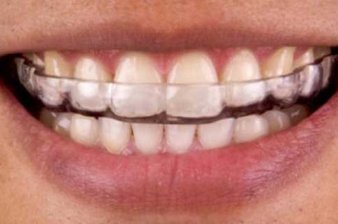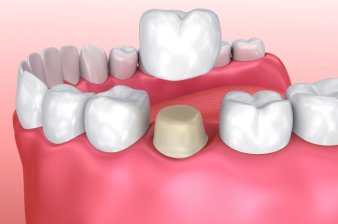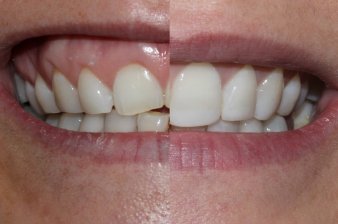TMJ Treatment in Pune
Are you struggling with jaw pain, clicking sounds, or difficulty opening your mouth? These symptoms might be signs of temporomandibular joint (TMJ) disorder. At our Clinic, we understand the discomfort and frustration that TMJ Pain can bring, and we’re dedicated to providing effective solutions.
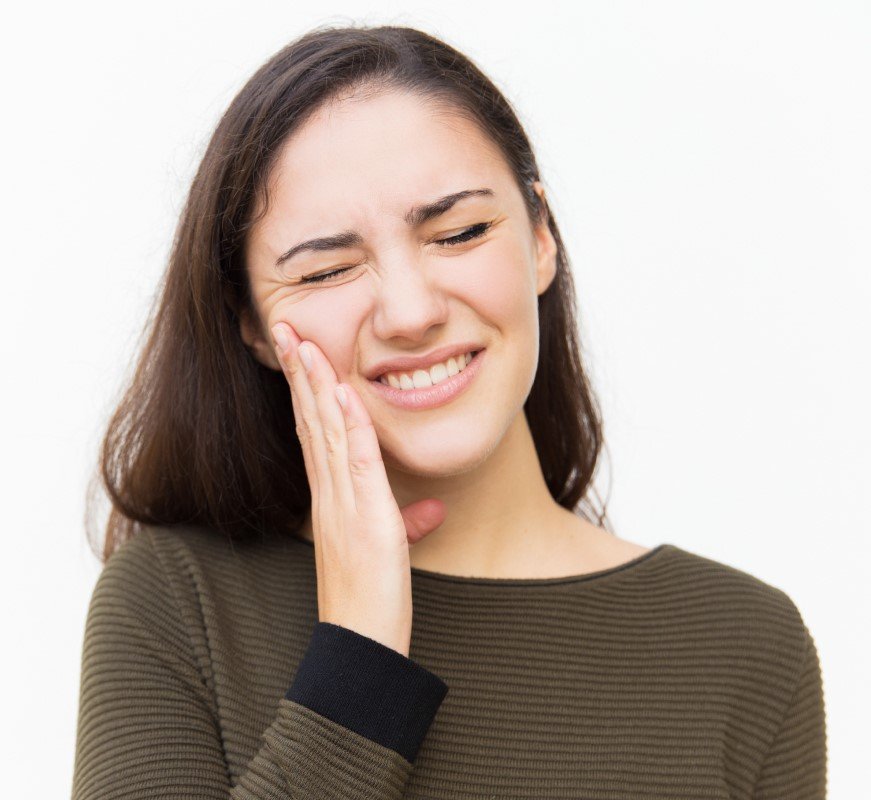
Our Experienced TMJ Specialist
Dr. Aparna Deshpande, our skilled dentist, has extensive experience in diagnosing and treating TMJ disorders. She has undergone rigorous training in TMJ and occlusion at the renowned Dawson Academy in Florida, USA, and is a proud Dawson Scholar.
Know Your Joint-TMJ – Temporomandibular Joint
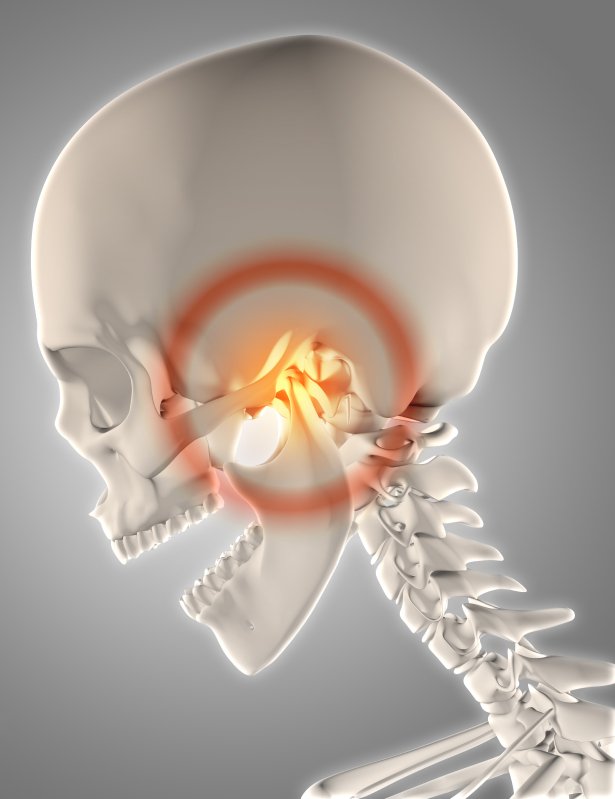
- It is a jaw-joint. It connects lower jaw / mandible to the upper jaw.
- Lower jaw has a ball-like structure which fits well in a concavity of the upper jaw/skull.
- It is a bilateral joint which works in synchronization with each other.
- A group of muscles help in joint movements, which are called as muscles of mastication or muscles of chewing.
- A fibrous structure called disc helps separate joint cavity. It avoids friction between bony surfaces. It also acts as a lubricant in smooth functioning of the joint.
- This joint in association with muscles helps us to open & close the mouth in turn helps us to chew food & speak.
- Teeth,joint & muscles together form masticatory system. All these 3 factors are supposed to work in harmony with each other.


What are TMDs? (Temporomandibular Joint Dysfunction)
TMD symptoms vary widely and may include
- Jaw pain
- Facial pain
- Shoulder or neck pain
- Stiffness in the jaw.
- Difficulty opening or closing your mouth.
- Jaw popping or clicking.
- Headaches
- Migraines
- Tinnitus - ringing in ears
- Earaches
- Toothaches
- A change in the way your teeth fit together (malocclusion).
What are the main causes of TMDs?
There’s no single cause of TMD. It can be a result of many different factors or a combination of factors.
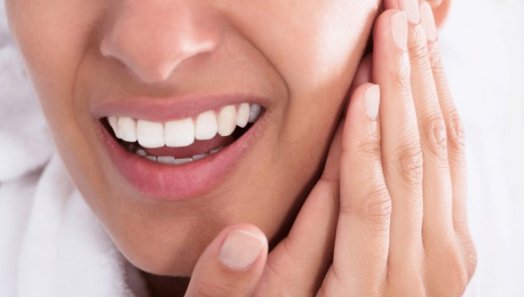
TMD causes may include
- Malocclusion (when teeth don’t fit together exactly as they should).
- Jaw injury (like a broken or dislocated jaw).
- Teeth grinding or clenching (bruxism).
- Arthritis in jaw joint.
- Stress
- Occluso-muscular problem - often confused with TMD
Treatment of TMD / Occluso-Muscular Problem
There are a variety of treatments available for TMJ disorders. The best treatment for you will depend on the severity of your symptoms and the underlying cause of your disorder.
Dr Aparna Deshpande, who is a TMJ Specialist
identifies the exact underlying problem with the help of thorough examination & detailed case history.
- Physical therapy: Physical therapy can help to strengthen and stretch the muscles around the jaw joint, which can help to improve range of motion and reduce pain.
- Medications: Pain relievers, such as ibuprofen or acetaminophen, can be used to relieve TMJ pain.
- Surgery: Surgery is rarely necessary for TMJ disorders. However, it may be recommended in cases where other treatments have not been successful.
If you are experiencing TMJ pain, we encourage you to schedule an appointment with us. We will work with you to develop a treatment plan that is right for you.
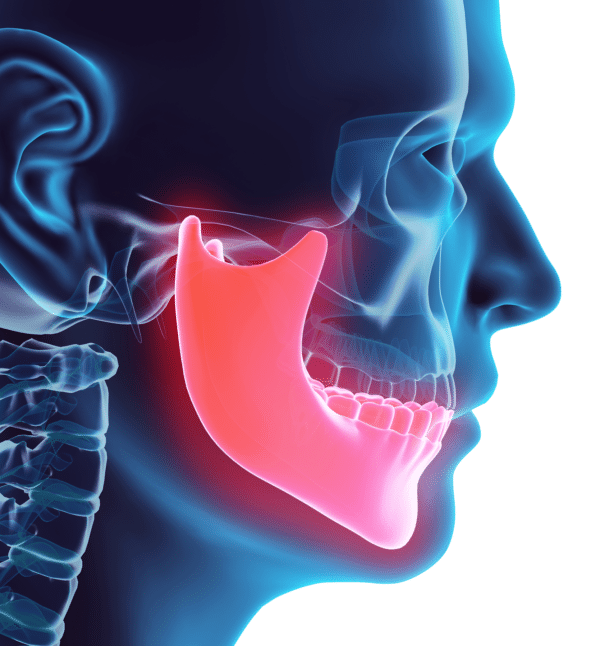
What is occluso-muscular problem ?
Lower jaw is the only moving jaw. It has a ball like structure which fits into a concavity of upper jaw, which is part of skull. This joint is called as TMJ.
When the ball sits properly into the fossa at a desired position, it is called as centric relation or ideal bite ( for understanding purpose ) This is temporomandibular joint, TMJ.
When TMJ is in ideal position,upper & lower teeth are expected to meet / intercuspate properly, so that an individual can chew food.
But if the teeth have any imperfections, the patient has to slide/adjust the lower jaw a little for the teeth to meet properly.
This sliding or adjusting of lower jaw is carried out by muscles. Because of this adjustment, muscles get fatigue & may develop spasm.
The spasm may cause headache, neck pain or pain in the joint.
Deprogrammer
What is a Deprogrammer?
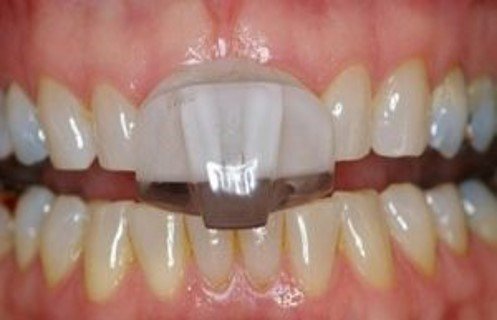
A deprogrammer, is a custom-made dental appliance used to treat temporomandibular joint (TMJ) disorders. It is generally used for a shorter duration of time. It’s designed to:
- Relax the jaw muscles: By preventing teeth from clenching or grinding, deprogrammers help reduce muscle tension and pain.
- Improve joint function: They can help restore proper alignment of the jaw joint and reduce inflammation.
- Provide pain relief: Deprogrammers can alleviate headaches, facial pain, and earaches associated with TMJ.

Occlusal Splints: A Simple Solution for a Complex Problem
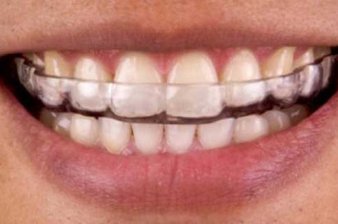
One of the most effective treatments for TMJ disorders is an occlusal splint, also known as a mouth guard. Occlusal splints are custom-made devices that fit over your upper or lower teeth. They are designed to help reduce grinding and clenching of the teeth, which is a common cause of TMJ pain.
How do occlusal splints work?

Occlusal splints work by creating a barrier between your upper and lower teeth. This helps to prevent your teeth from grinding and clenching against each other, which can reduce stress on the TMJ and relieve pain.
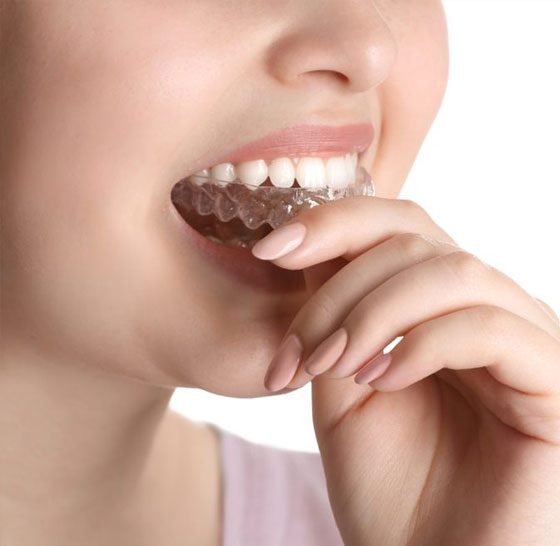
What are the benefits of using an occlusal splint?
Occlusal splints can offer a number of benefits for people with TMJ disorders, including:
- Reduced pain and discomfort in the jaw, neck, and face
- Improved range of motion in the jaw joint
- Reduced headaches
- Improved sleep quality
- Reduced stress and anxiety
How to care for your occlusal splint
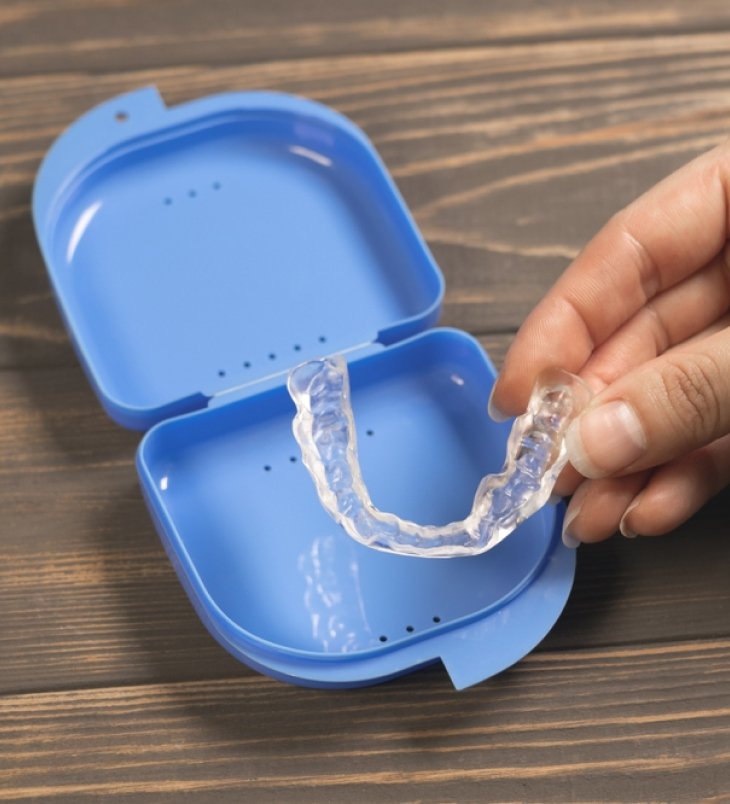
Occlusal splints are typically made of a durable plastic material. To care for your occlusal splint, simply rinse it with cold water after each use. You can also brush it gently with a toothbrush and non-abrasive toothpaste. Avoid using hot water or harsh chemicals, as this can damage the splint.
Here are some additional tips for patients who are using occlusal splints:
- Wear your splint for the amount of time recommended by your dentist
- Remove your splint before eating or drinking anything hot
- Clean your splint regularly using the instructions provided by your dentist.
- Store your splint in a cool, dry place.

Experience Relief Today
Don’t let TMJ pain control your life. Contact Om Dental Clinic,Implant & TMJ Center, to schedule a consultation with Dr. Aparna Deshpande. We’re committed to helping you find relief and restore your quality of life.


